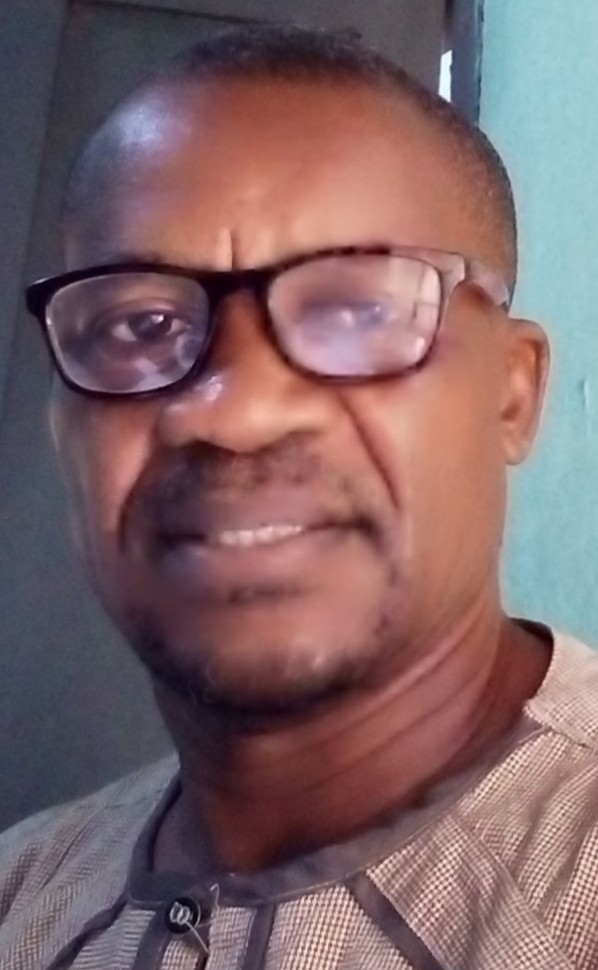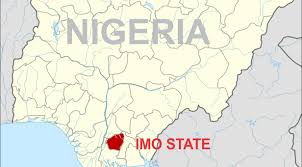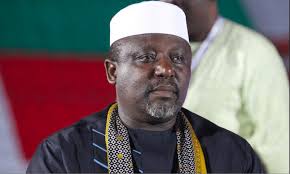When, more than half a century ago, Marshall McLuhan, renowned media and communication scholar, came up with his concept of global village, I guess he did not think his prophecy would materialize in the magnitude that it did today. His prediction was that, through interconnectivity facilitated by technology, the world would grow, perhaps shrink, to become as small as a village.
At present, it would not be out of place to further constrict the concept to “global room” rather than village, considering the speed at which information travels around the globe as well as the vulnerability of man to the public glare. There is no longer a hiding place for anyone.The changing feature of the globe has been largely advantageous to countries that embraced technology as a sure way to make life easy for mankind. The tremendous growth of the Information Technology (IT) has catalysed this speedy passage of messages, even to a mass audience, in matters of seconds from the comfort of the sender’s room and on a global scale.
Although fake news is a phenomenon to contend with in this sphere, one cannot fail to acknowledge the huge positive contributions of IT to the good life man enjoys today. In the developed countries, policemen no longer lose much sleep solving complex crime cases as some of the various gadgets surrounding man could take records of happenings even in the darkest alley. Thieves are easily caught and others are discouraged from joining. IT is now the traffic manager in developed cities where cameras expose defaulting road users for adequate punishment.
Sadly, Nigeria appears not interested in queuing in line with the fast moving world even as the world beckons it. It was former President Goodluck Jonathan who first made his intention to fight corruption using technology known to Nigerians. Many who did not understand him jeered at him, preferring the laborious sheriff-after-thieves method of crime bursting. Now, it has dawned on us that the sheriff chasing the thieves could be in collaboration with the criminal, or could do selective arrests for some sentiments.
The present administration in Nigeria has truly exposed the futility of fighting crime and corruption without the use of technology in the modern world.Nigeria truly needs hi-tech in many of its endeavours, but nowhere does the nation require the application of IT more than in its electoral process which has been constantly marred since it began its life as a country that is independent of the British colonial masters who offered more of the opposite of enlightenment to the people. The closest to a perfect electoral process ever since in the country is the 1993 presidential election conducted by Prof. Humphrey Nwosu who used what he chose to term Option A4.
As the results of that election came trickling in from the polling stations, it became obvious that the late MKO Abiola was winning, a development that angered dictators of the time who expected the results to be different. And, very boldly, unabashedly, they annulled a perfect election.Subsequently, the rulers of the nation have continued to prefer electoral processes that allow them room to manipulate and thwart the people’s collective will in the choice of who rules them.
Frustrated, the people who are helpless in dealing with high sleaze occurring in elections resign to fate, assuming totally that their votes do not count. Voter apathy consequently crept into the polity, a situation that suits the oligarchs but disenfranchises the masses who are deceived into believing that they are in a democracy. Had it been that there was equity in the system of wealth distribution in the country, no one would probably take notice of what is going on. But, as the old saying goes, only those not entitled to the plate of food scramble for it and, in the end, waste the broth. The advent of the electronic system of voting appears to have brought the oligarchs close to their expiring date.
What the nation is contending with is the resistance of the old order against the new and more efficient one. For years the people have clamoured for the full scale electronic voting system for Nigeria as it obtains in enlightened nations of the world. In that system, precision is not in doubt and there are fewer misgivings as to the authenticity of results.Why the Nigerian ruling class continues to prevaricate over the use of this system in the conduct of elections is something to worry about. We imagine the stress which fair-minded masses went through to convince the National Assembly members as well as the executive into signing the new electoral law that provides for a partial application of electronic voting.
It should be the dream of well-meaning Nigerians that the paper balloting must give way to the press-button system that automatically registers and counts the votes as they are cast. The benefits of e-voting are numerous. In it, there is no double voting. There is also automatic counting. Less cost is incurred and paper is saved.
Because of its efficiency, there is increased voter turnout and there is no ballot box stuffing or snatching to warrant violence. Unfortunately, forces against e-voting in Nigeria, covert or overt, are legion. Contractors who fear a lull in their business of supply of analogue voting materials are among them, in addition to dubious politicians who hide under the excuse of illiteracy among the voting masses, as well as poor network. These are no excuses because they are not insurmountable. The illiterate can be made literate in voting and network problems are easily corrected. If a country such as Estonia can afford to adopt e-voting in all elections, why can’t Nigeria? And why not now, for us to begin a fresh life from 2023, a life devoid of rancour, acrimony, bitterness and hostilities arising from poorly conducted elections that throw up incompetent and unpopular leaders and public office holders? Why?
Dr. Odu can be reached through dirimrich2018@gmail.com









